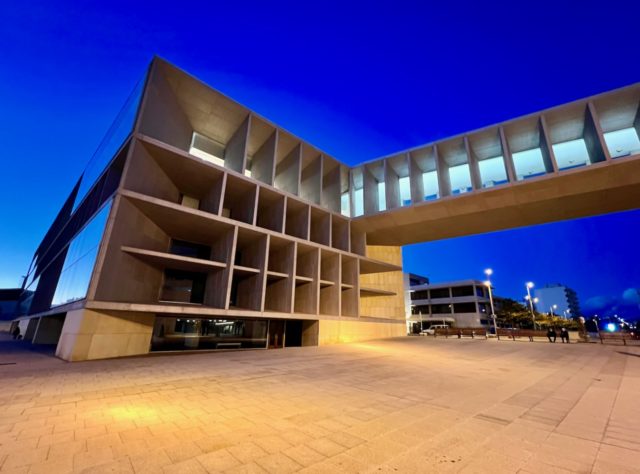
Historic and contemporary architecture in Palma
Palma de Mallorca is the capital and largest city of the Balearic Islands in Spain. Located on the fringes of Palma Bay, the city centre is a maze of picturesque streets, historic landmarks and a lively, yacht-filled harbourfront. One thing I find particularly striking is the eclectic architecture in and around its Old Town. With architectural styles ranging from the Gothic splendour of the 13th century Palma Cathedral to whimsical 20th century Art Nouveau façades, this is one great reason to visit Palma. My advice is to keep your eyes peeled and look up as you walk around the city. Join me on my architecture walk past the most beautiful landmarks in Palma de Mallorca.
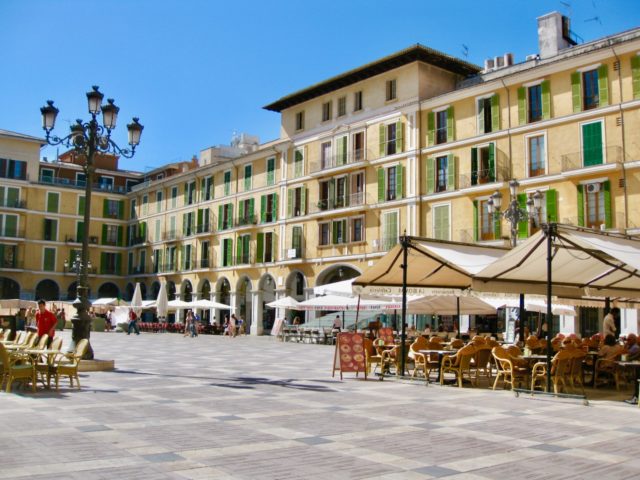

Palma can trace its roots back at least two thousand years when it was founded as a Roman settlement. Since that period, Palma was ruled by the Byzantines, Moors and various powers from the Spanish mainland, traces of which can still be seen today. In the early-20th century, the city experienced somewhat of a renaissance. Prominent Catalan architects such as Gaudí and Domènech i Montaner created a Modernist cityscape that’s a joy to discover by visitors today. Here are some of the most important historic and architectural landmarks in Palma:
Palma Cathedral (La Seu) and surroundings
La Seu, arguably Palma’s most important landmark, is a Gothic masterpiece. Construction began in 1229 and the Cathedral was completed in 1601. Baroque elements were added to the interior of the Cathedral in the 17th and 18th centuries.
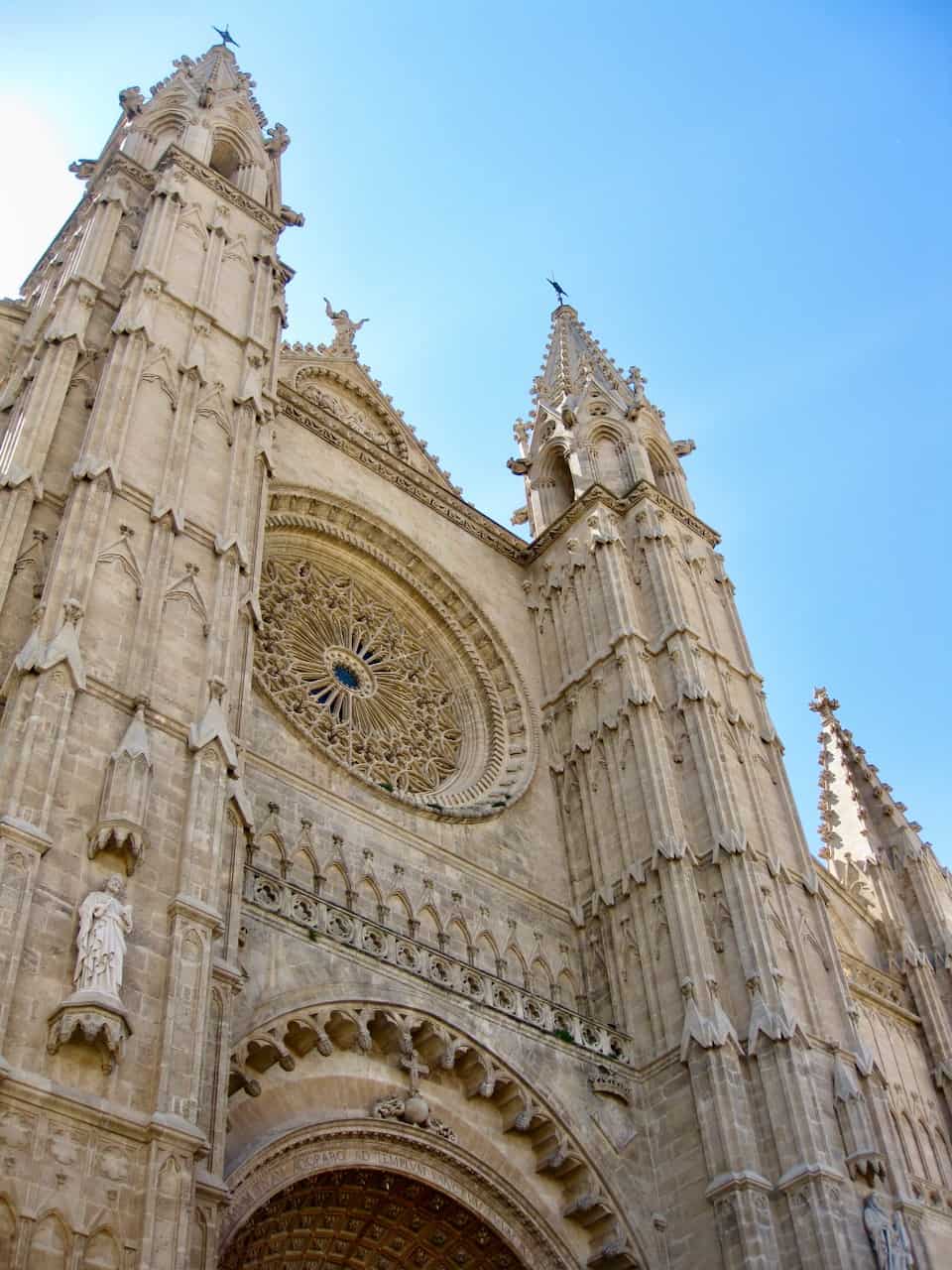
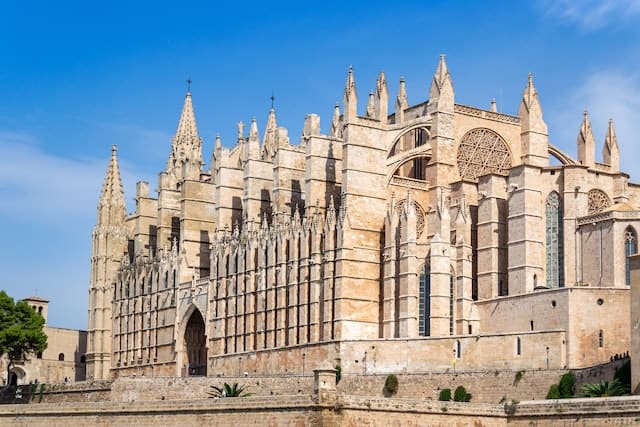
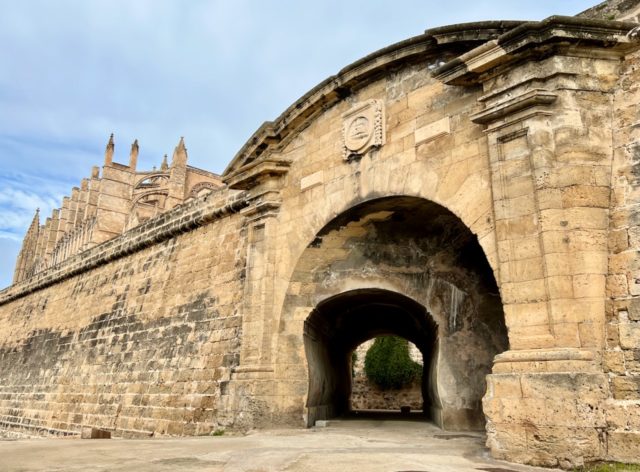
Adjacent to La Seu are other historic landmarks such as the Palau de la Almudaina, a stunning medieval palace which is now the official residence of the King of Spain when he visits Mallorca, and palaces such as the Fundacio Bartomeu March (which houses beautiful exhibitions and classical concerts).
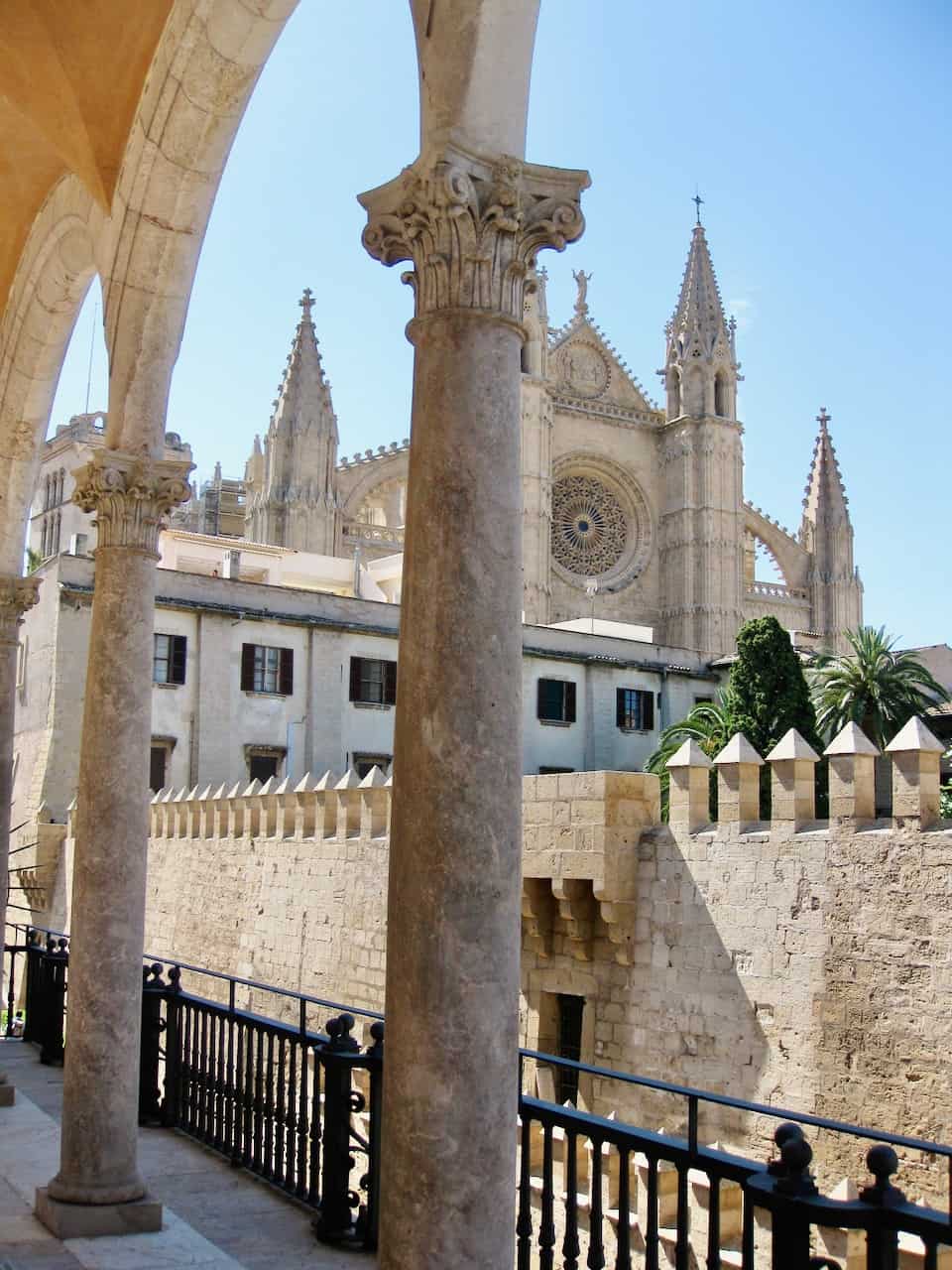
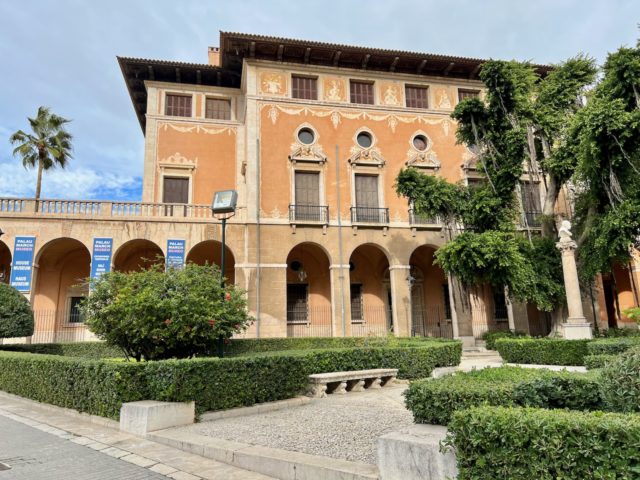
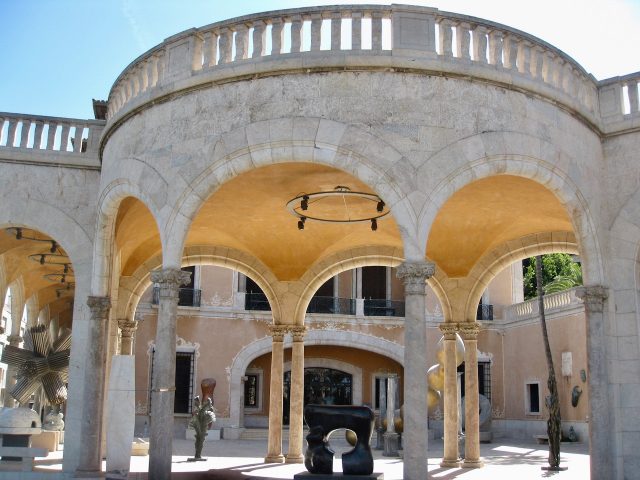
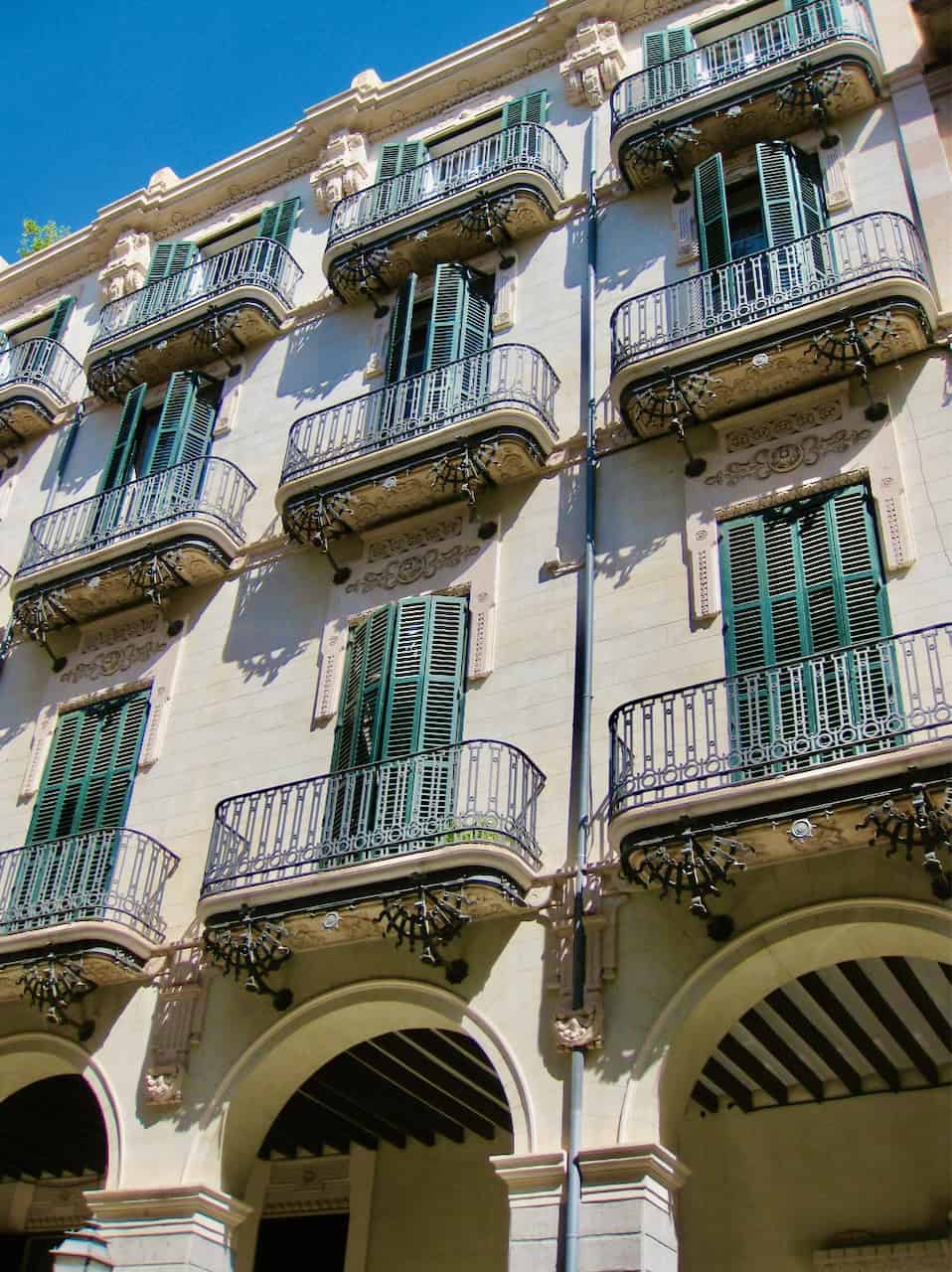
Castell Bellver
High above Palma, on the southwestern reaches of the city, stands Castell Bellver. This 14th century castle was one of the first (and few remaining) circular castles in Europe. Bellver means ‘beautiful view’ in Catalan, which is a great reason to make the trip up the hill! The views of the city and Palma Bay are stunning!
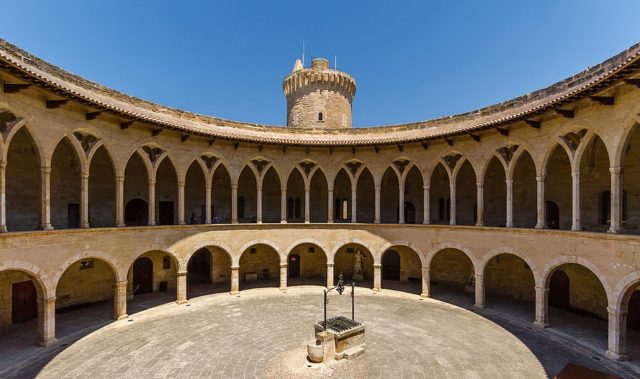
Llotje de Palma
A short stroll from La Seu lies Llotje, the former mercantile exchange. Built in the 15th century in Gothic style, this Palma landmark features beautiful turrets, vaulted ceilings and elegant spiral pillars.
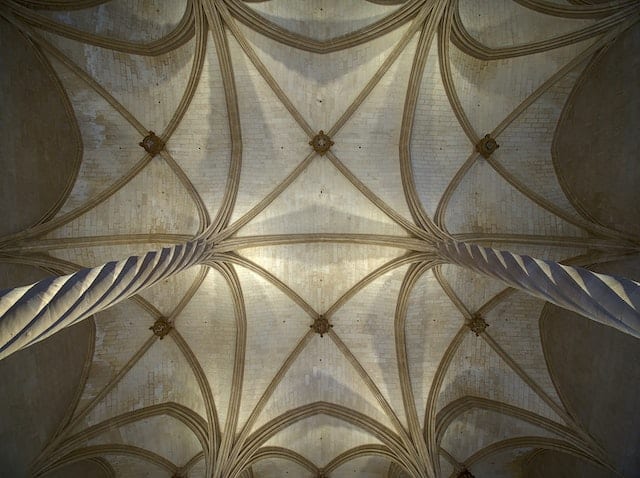
Ajuntament de Palma
The stately Ajuntament de Palma (Palma City Hall) at Plaça de Cort was built in the 17th century. Its Baroque façade and huge wooden roof are absolutely stunning!
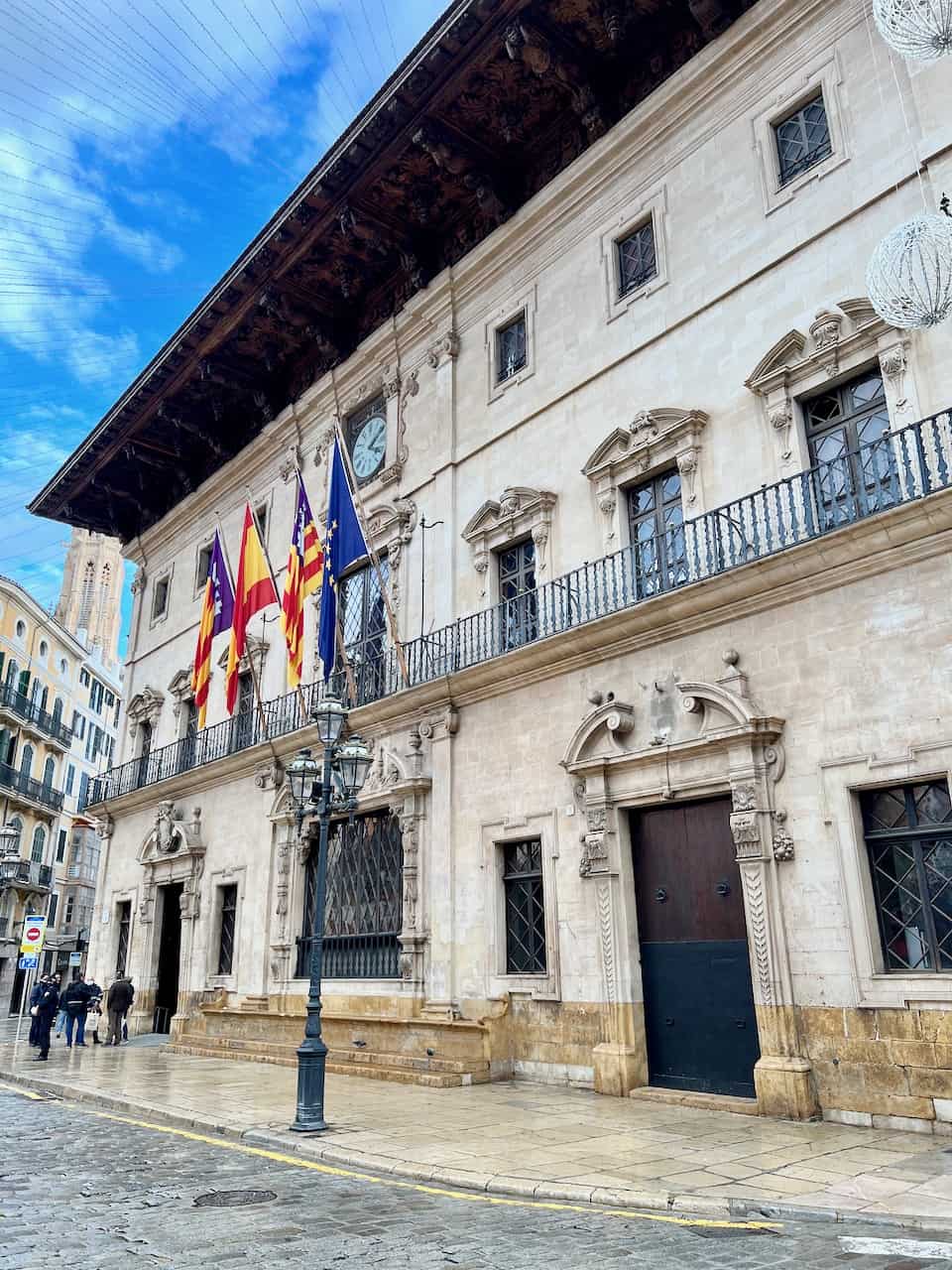
Can Corbella
A short distance from Plaça de Cort, at the intersection of Carrer de Sant Domingo and Carrer de Jaume II, you’ll find the stunning Can Corbella. The Moorish influence is evident in this neo-Mudéjar style building (a style that’s synonymous with the historic architecture in Seville).
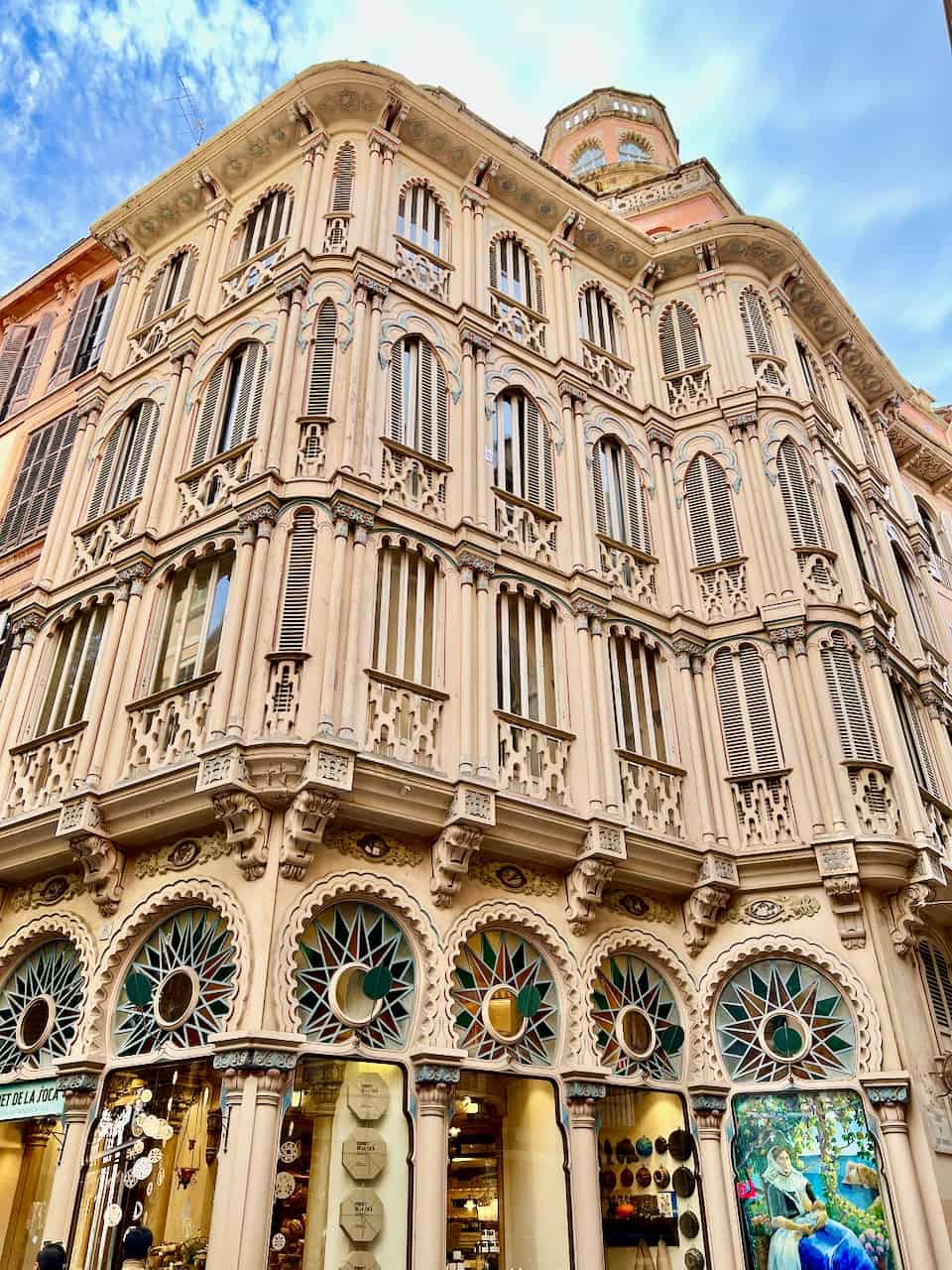
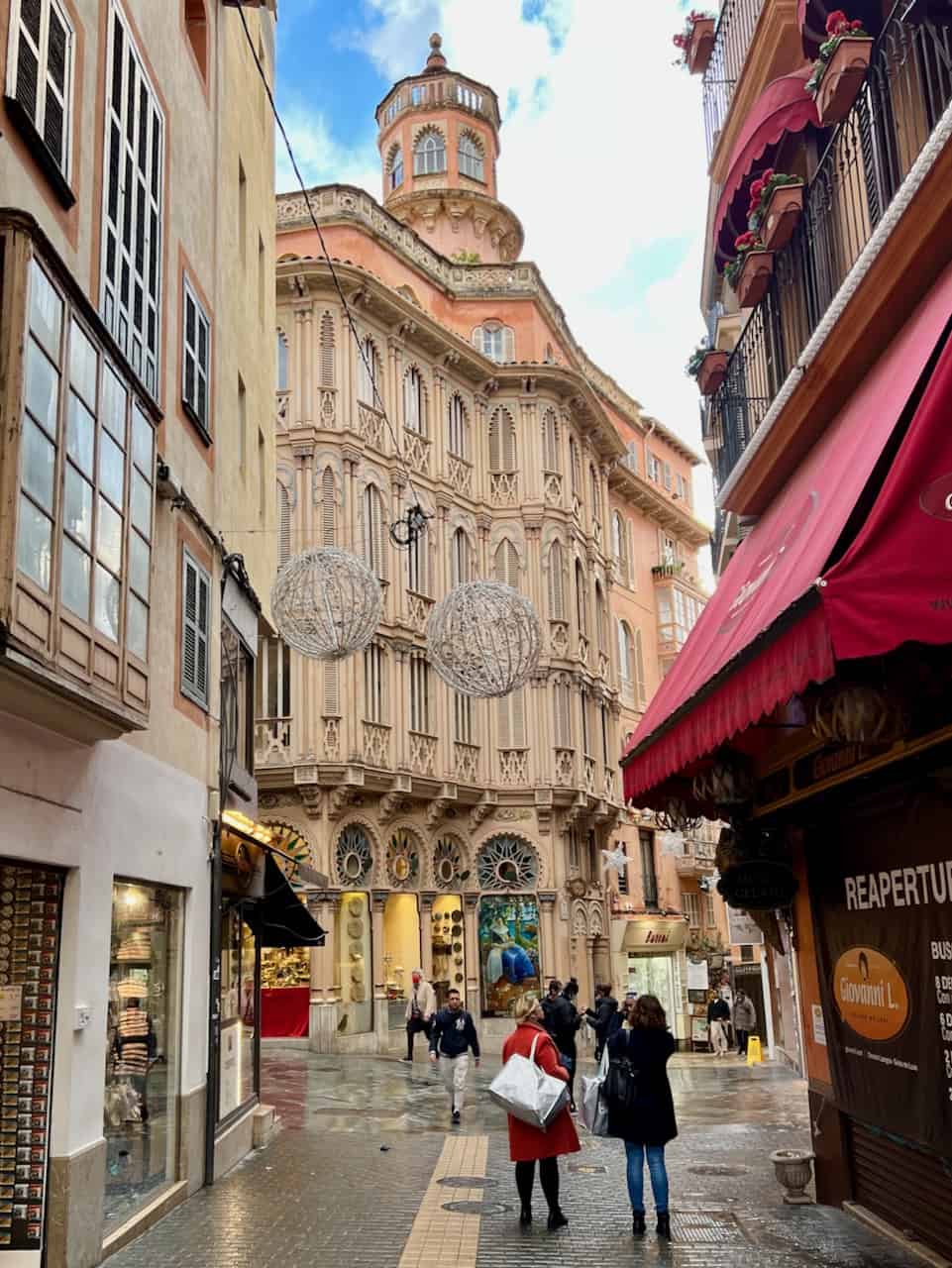
Edifici Casasayas & Pension Menorquina
The Casasayas building and the Pensión Menorquina are buildings in the Modernist-Art Nouveau style with symmetrical and dynamic elements. These identical, symmetrical buildings, located at Plaça Mercat, are separated by Calle de Santacília. The parabolic windows and undulating forms are typical of Gaudí’s style.
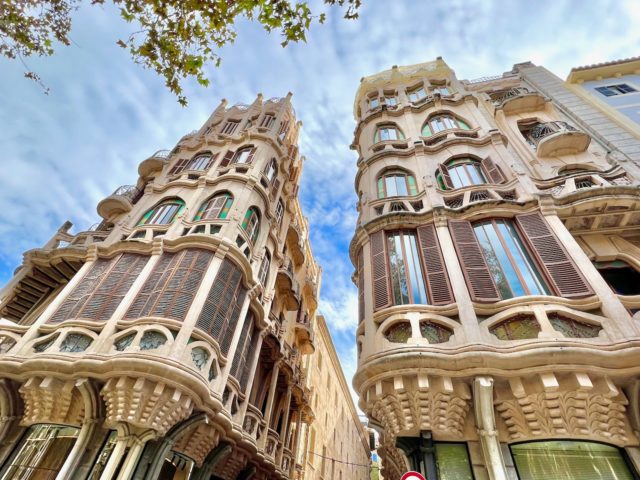
Fundacio La Caixa
Formerly the Grand Hotel and now the venue for a cultural centre and café, Fundacio La Caixa is a splendid Modernist example and one of the most loved Palma landmarks. Designed by Domènech i Montaner at the turn of the 20th century, it’s a building rich with Art Nouveau elements. You’ll find it at Plaça Weyler, just off Plaça Mercat.
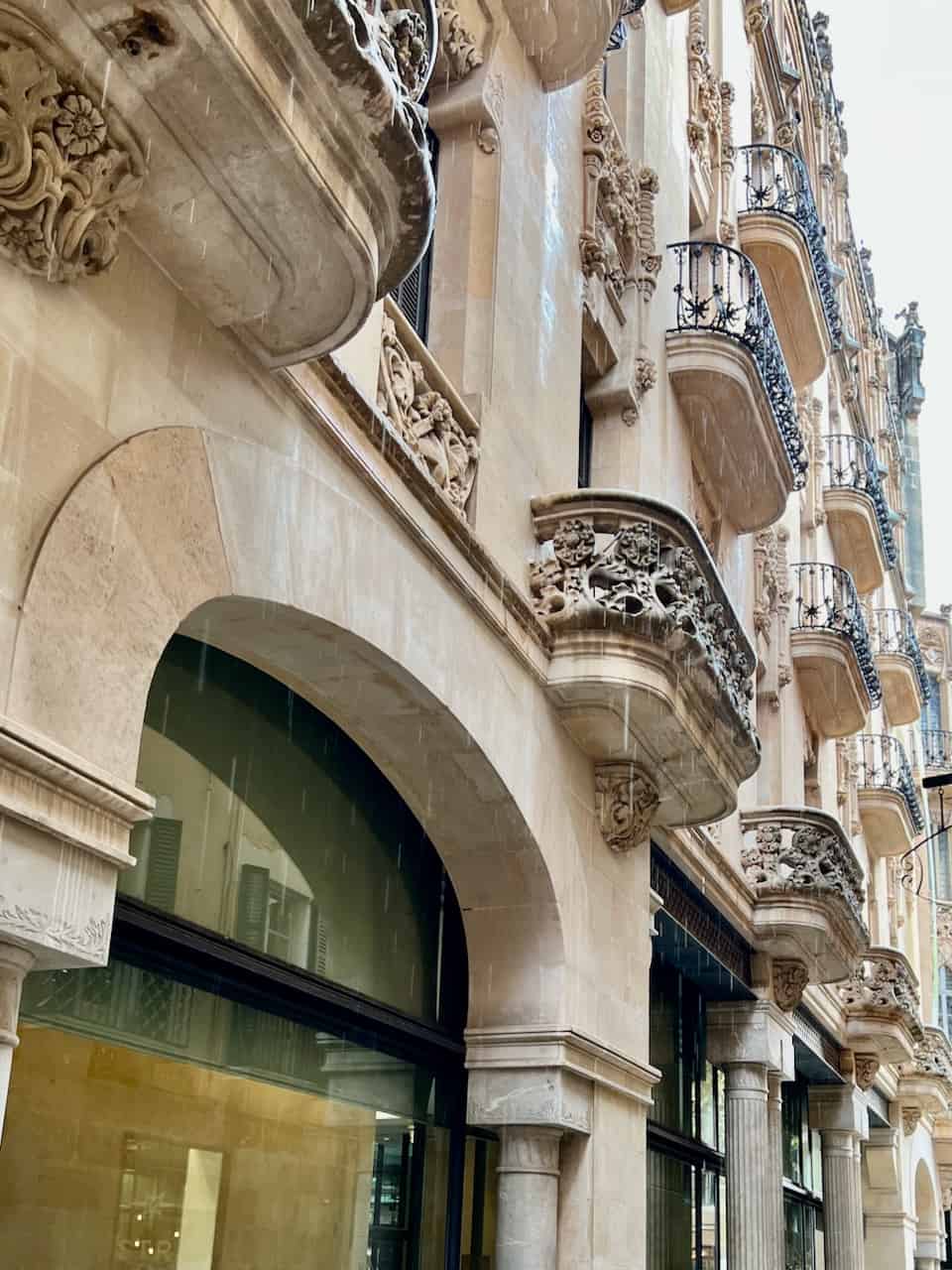
Forn des Teatre
Across the road from Fundacio La Caixa is a cute bakery in a lavish Art Nouveau style.
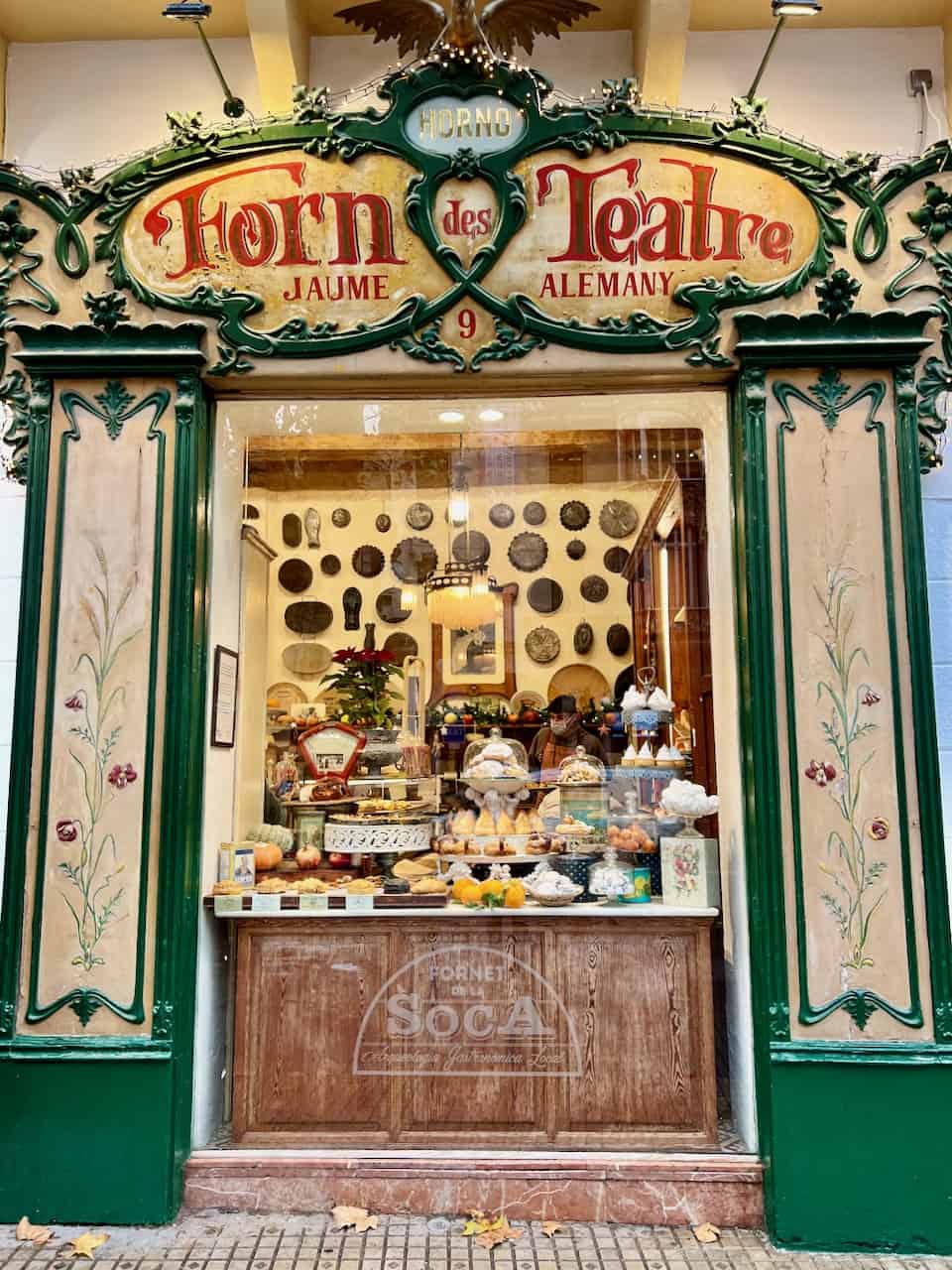
Can Forteza Rey and El Águila
Can Forteza Rey and its neighbour Almecenes El Águila are prime examples of Modernist-Art Nouveau with a clear Gaudí influence. The whimsical façades, with their intricate broken tile mosaics (trencadís), bay windows and little balconies, is a joy to look at. You’ll find another gem, Casa de les Mitges, with more elaborate trencadís motifs further down the road on Carrer Colom.

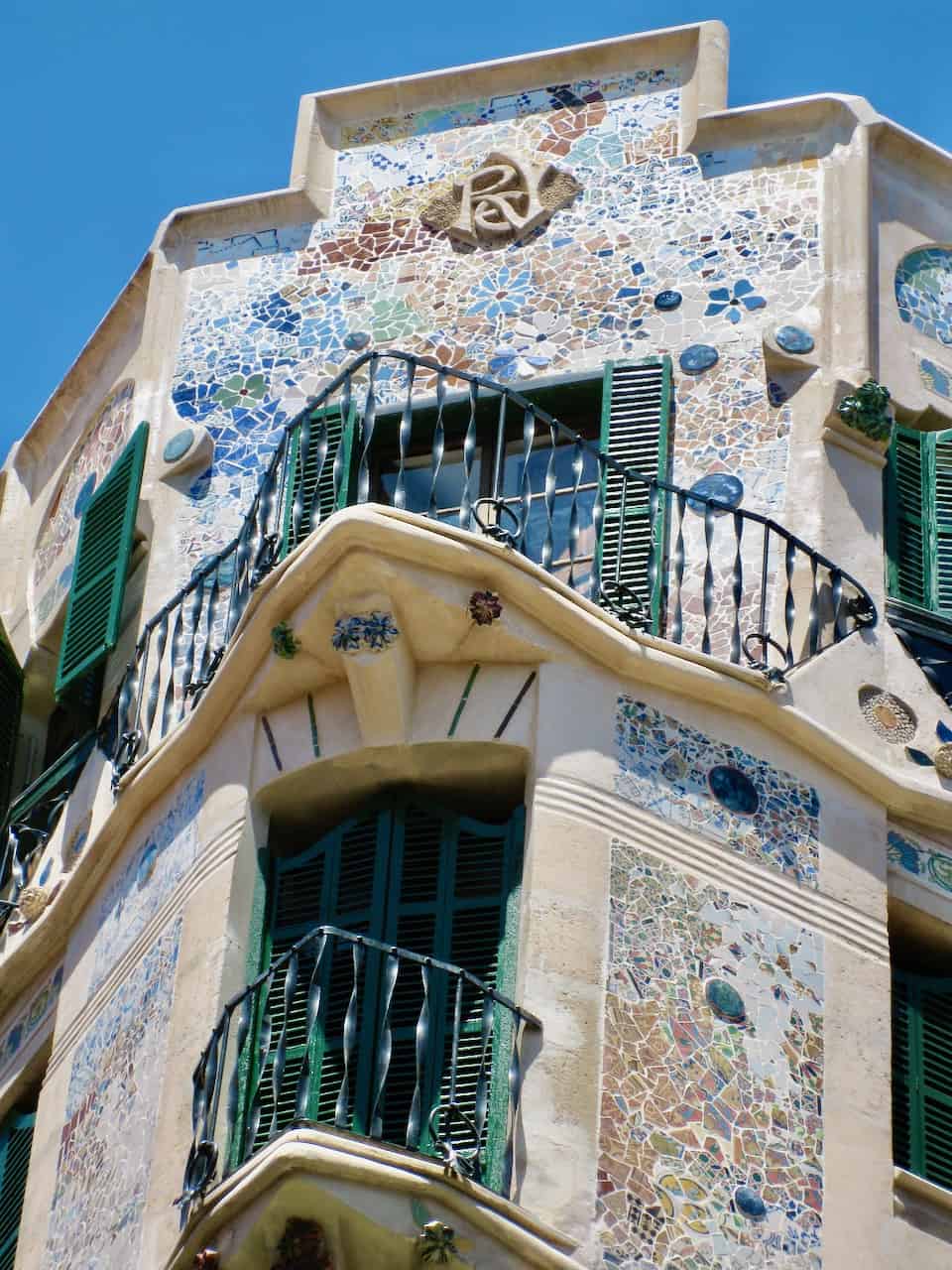
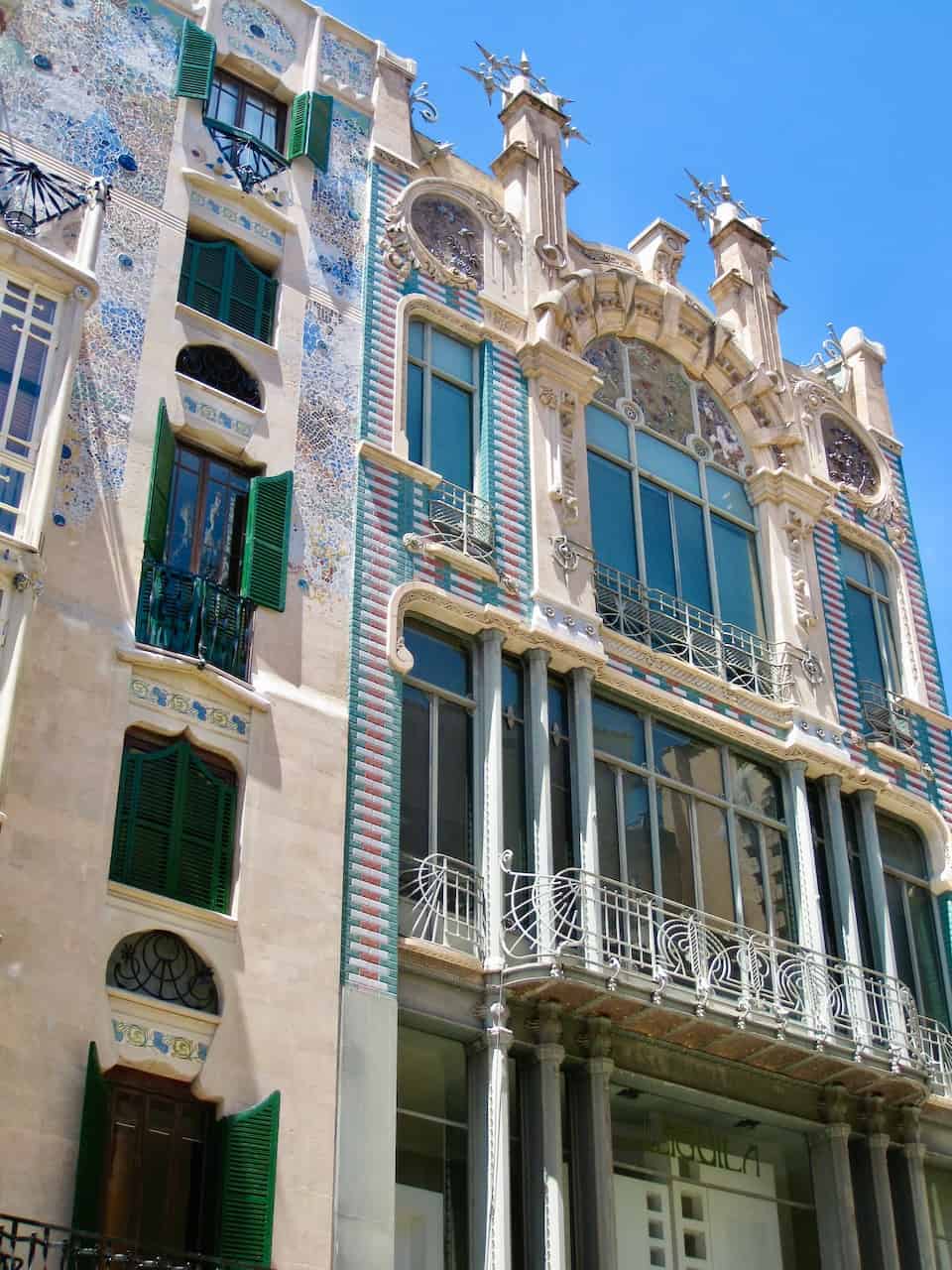
Palma courtyards
As you walk around Palma, look into some of the beautiful courtyards of the old palaces and mansions, some of which are now public institutions whilst others are private residences (though you might catch a glimpse of the courtyard from outside the gates). You’ll discover gorgeous archways and columns, leafy patios and elegant staircases. Some of the most impressive courtyards in Palma include Palau March, Can Berga (High Court), Can Vivot, Ca’n Catlar de Llorer and Ca’n Oleza.
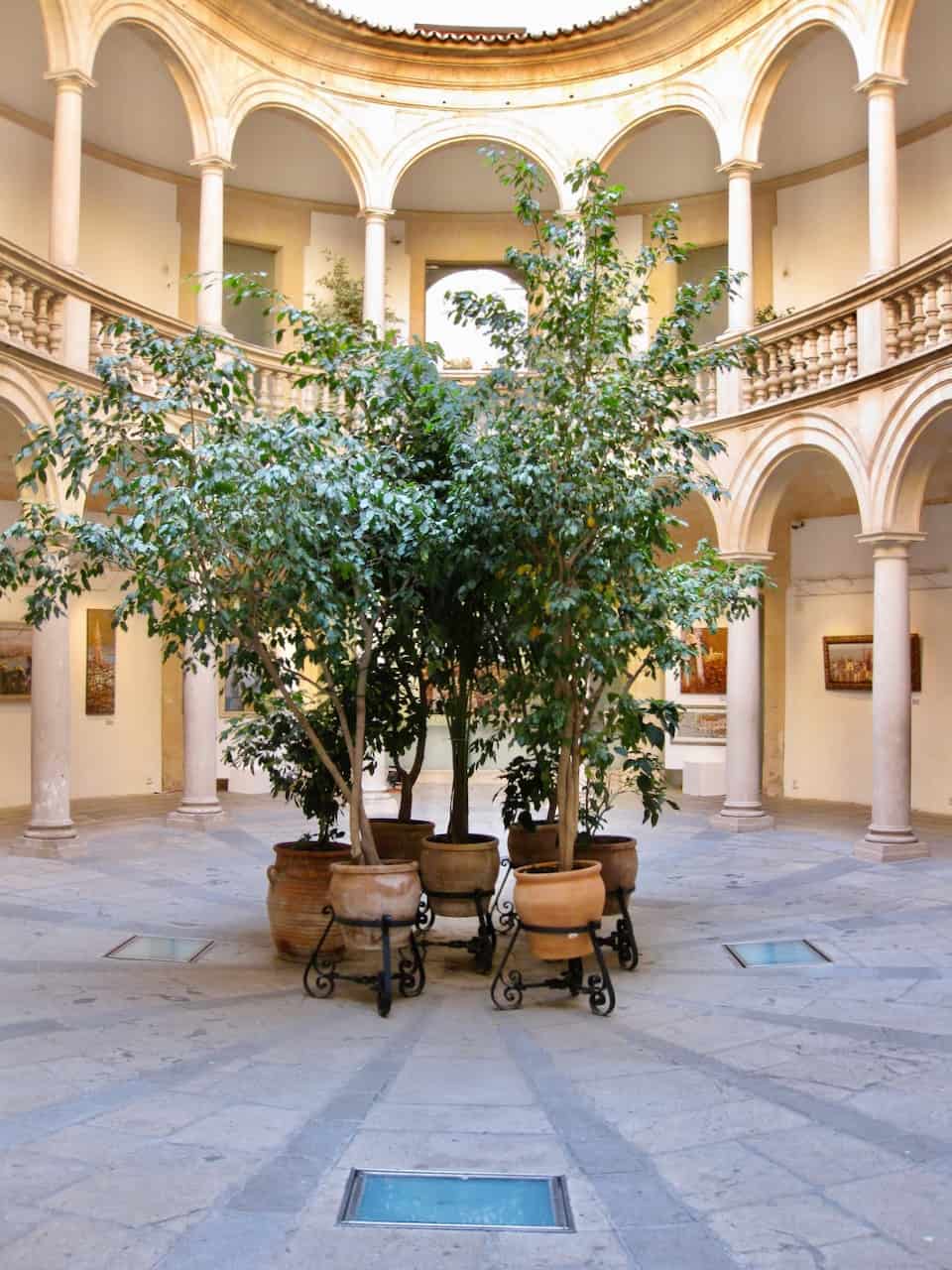
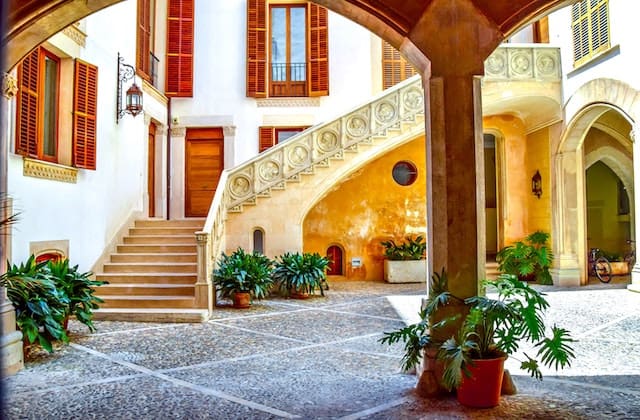
Palau de Congresso de Palma
One more tip for those who love modern architecture: the Palau de Congresso de Palma is a striking building at the city’s eastern seafront. Designed by Francisco Mangado, the convention centre was opened in 2017 and is an extraordinary structure of concrete, glass and sandstone.
